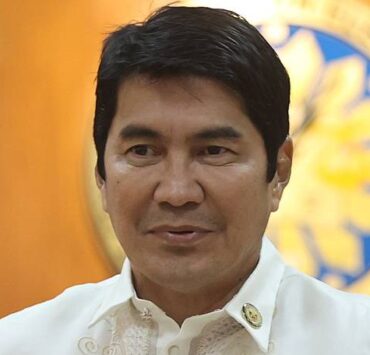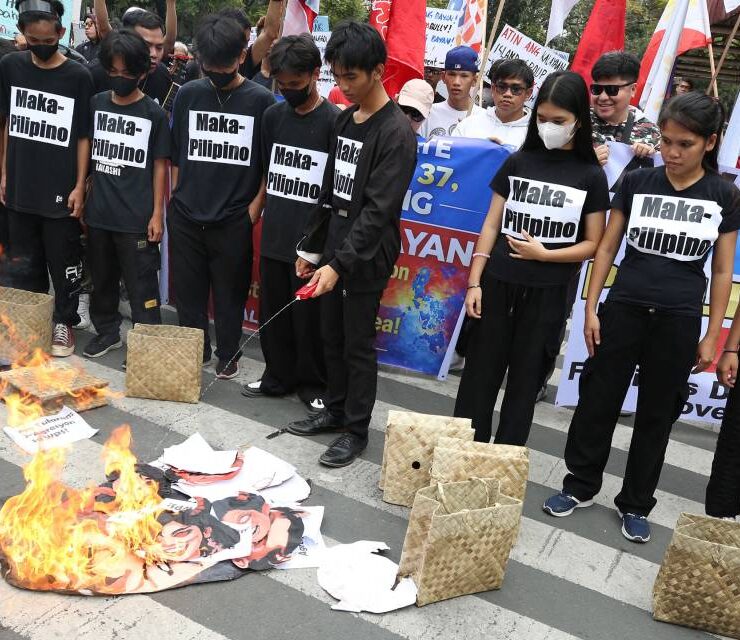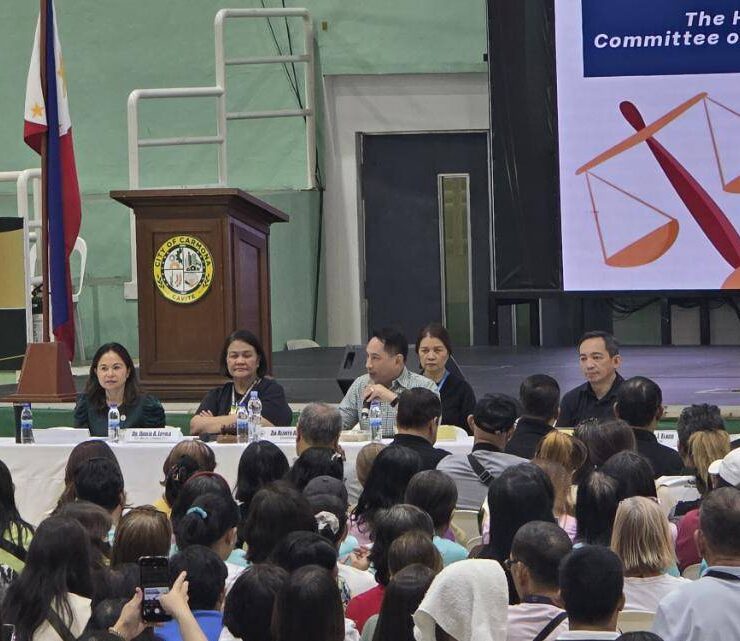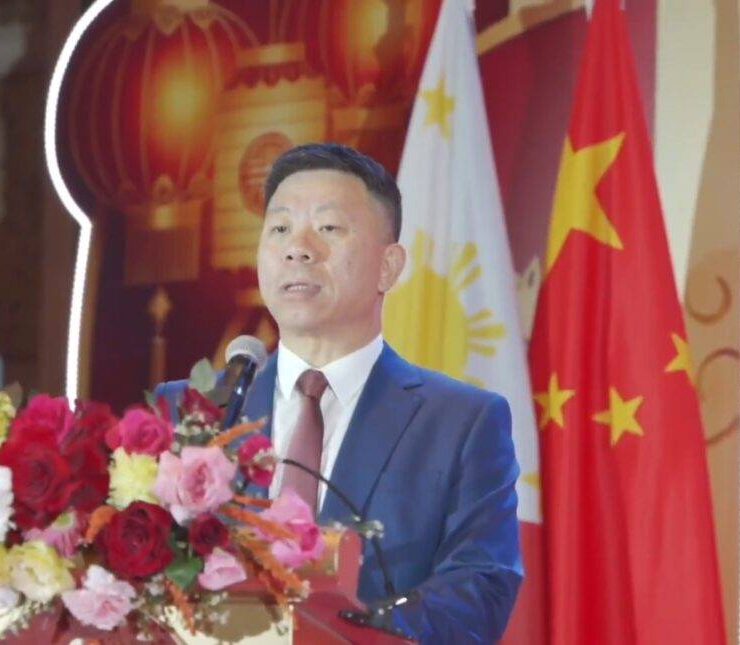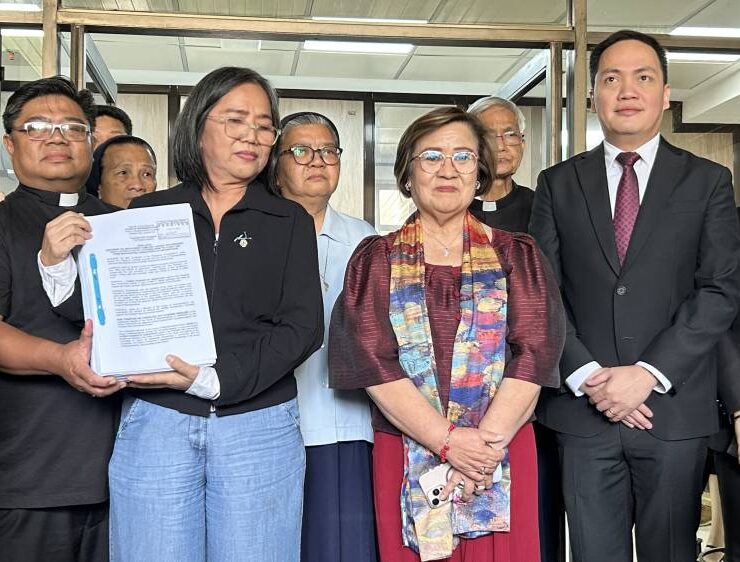Du30 allies bare impeach bid vs Marcos; filing stalled
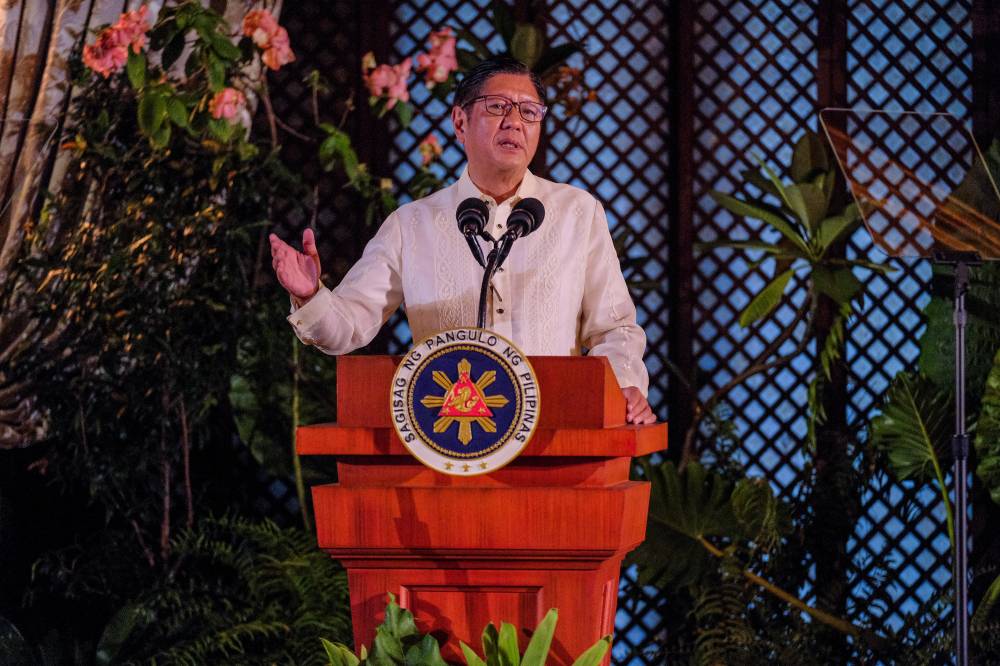
Allies of former President Rodrigo Duterte on Thursday tried to initiate a move to impeach President Marcos at the House of Representatives for supposedly allowing the “illegal arrest and transfer” of his predecessor to face trial at the International Criminal Court (ICC).
However, former party list Rep. Ronald Cardema and his wife, Duceille Marie Cardema, were unable to file a formal complaint at the Office of the Secretary General.
The Cardemas went to the office at 3:20 p.m. but were told that only House Secretary General Reginald Velasco could receive the complaint.
They waited until the end of business hours and eventually left.
A notice posted on the office door stated that the office was holding its strategic planning session from May 6 to 8.
The Batasang Pambansa is closed on Fridays.
Palace maintains legality
The Palace has long maintained the legality of Duterte’s arrest, saying the Philippine government merely honored its commitment to cooperate with the International Criminal Police Organization (Interpol).
Malacanang also invoked Section 17 of Republic Act No. 9851, or the Philippine Act on Crimes Against International Humanitarian Law, Genocide, and Other Crimes Against Humanity, which states that “authorities may surrender or extradite suspected or accused persons in the Philippines to the appropriate international court, if any, or to another State pursuant to the applicable extradition laws and treaties.”
Speaker Martin Romualdez on Thursday said that even if the complaint had been filed, it would still have to wait until Congress resumes session.
“We’re not in session right now so not much can be done,” said Romualdez in an ambush interview in Tacloban City on Thursday night.
“As far as I know the [Office of the Secretary General] is having a seminar so we have to wait for the proper time to receive that,” he added.
Session will resume on June 2 while the 19th Congress is set to adjourn on June 13.
House rules
In a statement they issued later in the afternoon, the Cardemas said that under the Rules of Procedure in Impeachment Proceedings, “a verified complaint for impeachment by a member of the House or by any citizen upon a resolution of endorsement by any Member thereof shall be filed with the OFFICE of the Secretary-General.”
“It does not state that it should be the Head of Office himself. It is [the] ministerial duty for any government office to receive documents,” they said.
Ronald Cardema was appointed by Duterte as national youth commissioner during his term and once served as representative of the Duterte Youth party list. His wife also represented the same party list in the 18th Congress.
The impeachment complaint is supposed to be endorsed by Ronald’s sister, current Duterte Youth representative Drixie Mae Cardema.
The Inquirer reached out to Velasco for comment but had yet to receive a response as of this writing.
ICC jurisdiction
It would be the first impeachment complaint against Mr. Marcos since his fallout with Vice President Sara Duterte, who herself is facing an impeachment trial once Congress resumes session in July.
The 24-page complaint alleges that Mr. Marcos was guilty of culpable violation of the Constitution and betrayal of public trust by allowing Duterte to be arrested by the Interpol despite the country’s withdrawal from the Rome Statute that established the ICC.
The complaint hinged on the Duterte camp’s argument that the Philippines should not have cooperated or given up the former president last March 11 to the ICC since it no longer had jurisdiction over the country.
In 2021, however, the Supreme Court ruled that the Philippines still had continuing obligations to cooperate with the international body.
Betrayal of public trust
Mr. Marcos and his top officials, for their part, have maintained that they did not cooperate with the ICC but with the Interpol. But the Cardemas argued that it was “not within the President’s prerogative to unilaterally decide the validity of an international warrant; rather, it is the exclusive authority of Philippine courts to determine whether such an order has legal effect within the country’s jurisdiction.”
In doing so, they said, Mr. Marcos “ceded sovereign control over a domestic legal matter to an international body that no longer holds jurisdiction over the Philippines.”
“This act is a blatant constitutional violation of national sovereignty: Firstly, the Constitution expressed that jurisdiction over crimes committed in the Philippines belongs to Philippine courts, and [that] extradition and international legal cooperation require domestic judicial review,” they said.
They further argued that the President’s “decisions and actions to unilaterally surrender former President Duterte to a foreign tribunal is a betrayal of public trust.”
“He exhibited gross inconsistency and bad faith, deceiving the Filipino people and failing to uphold his sworn duty to defend the Constitution and execute the country’s laws,” they added.
Split
While international legal experts generally maintained that the ICC would still retain jurisdiction over Duterte regardless of whether he was legally arrested, they were split on whether the arrest was indeed valid.
Some, including former Executive Secretary Salvador Medialdea, argued that he should have been brought to a Philippine court first. Others like retired Associate Justice Antonio Carpio argued the arrest was valid based on RA 9851, or the law criminalizing genocide and crimes against humanity.














